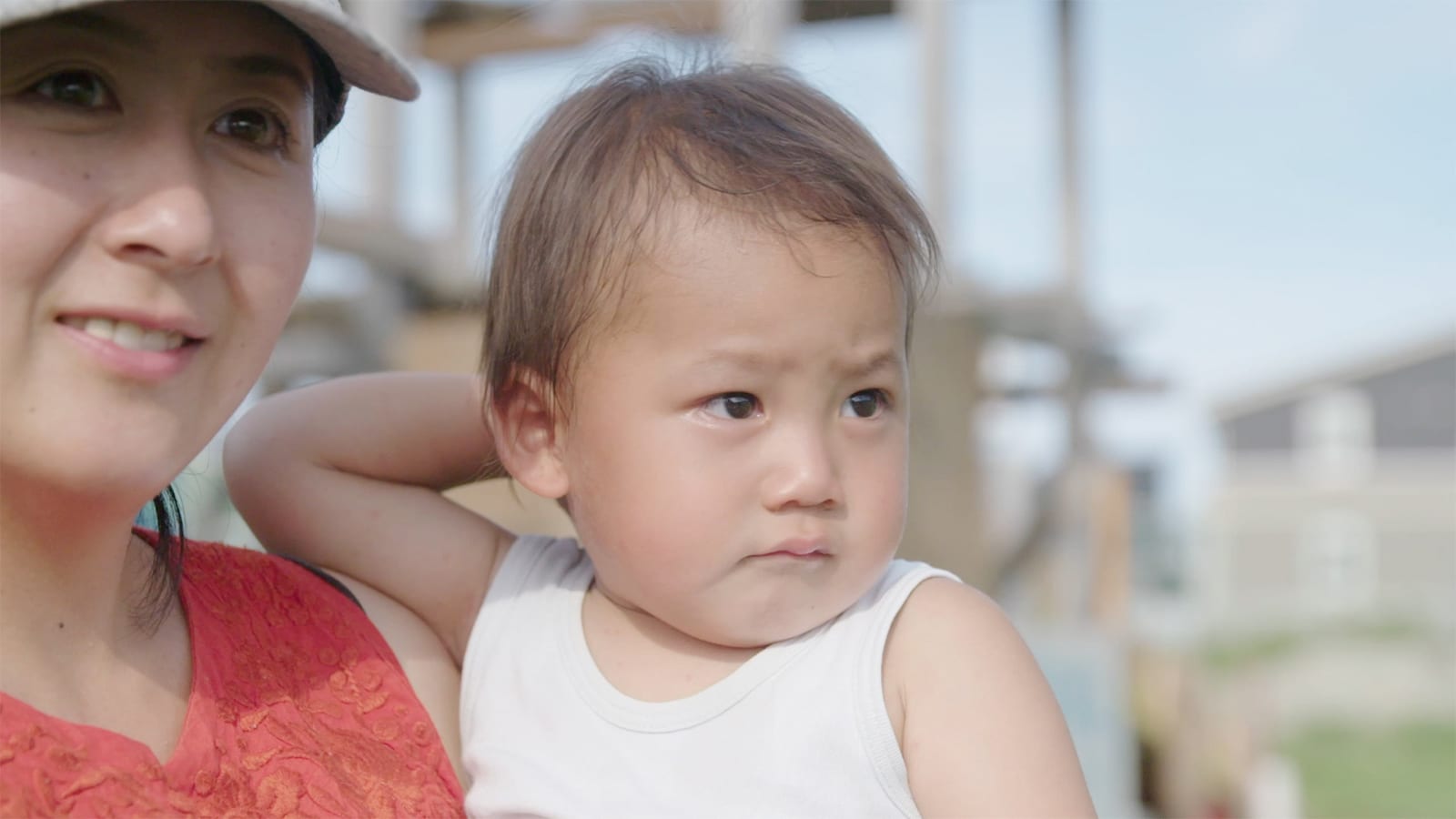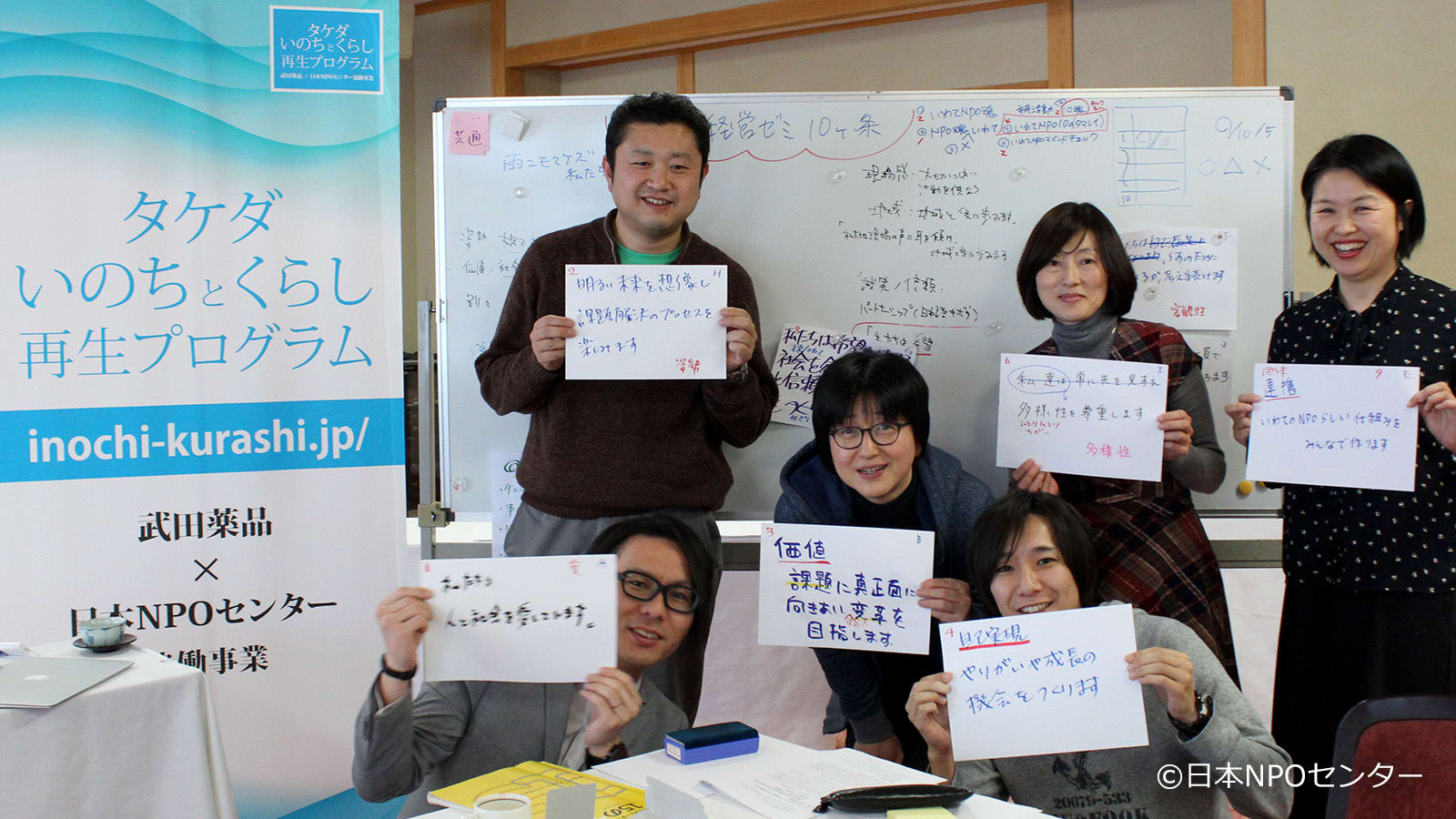East Japan Earthquake Recovery Program | Takeda Pharmaceuticals

A decade and future of recovery support in the wake of the Great East Japan Earthquake
Implementing a sustainable, long-term recovery strategy, including ongoing engagement in the affected region
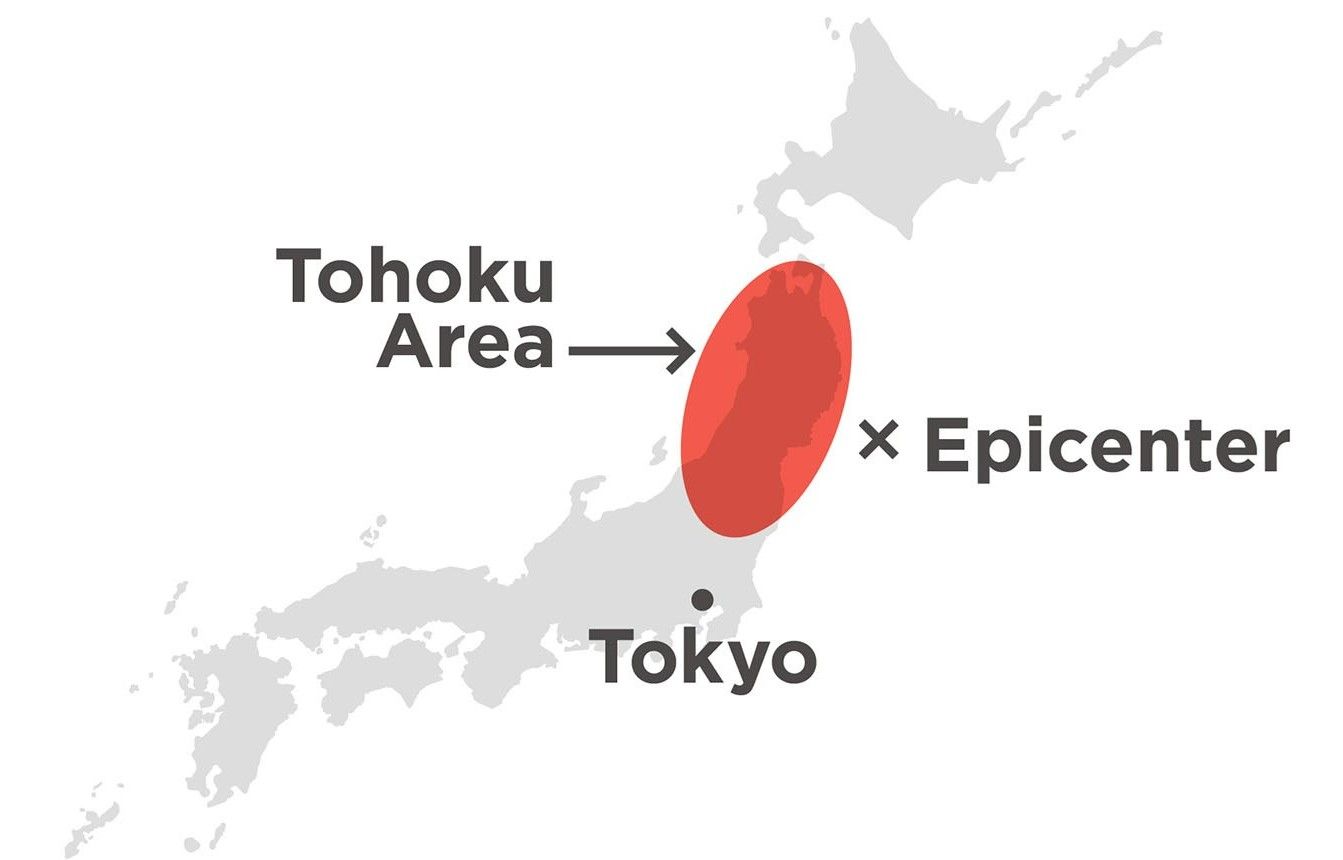
On March 11, 2011 a magnitude 9.0 earthquake, struck Northern Japan. Said to be the fourth largest earthquake in the world since 1900, the earthquake and resulting Tsunami caused widespread devastation to the Tohoku region and the collapse of houses in many surrounding areas including Tokyo. Ten years on, Takeda reflects on our role in the long road to recovery.
Source: Cabinet Office “Disaster Management in Japan"Stories of Impact
As we look back over 10 years of the journey to rebuild Tohoku, we have learned through listening to personal stories, of the important role companies like ours play in providing long term support to disaster relief. We’ve learned that rebuilding a community requires a commitment not just to the physical rebuilding of housing and infrastructure, but to helping rebuild the lives of people who live there too.
Takeda’s assistance (From 2011 to 2021)
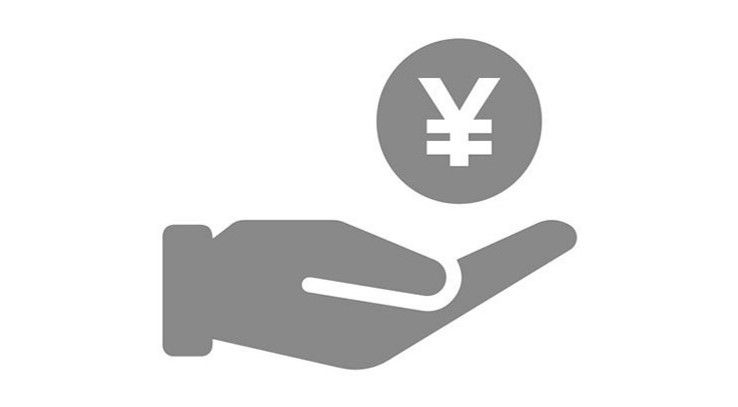
4.3 Billion yen
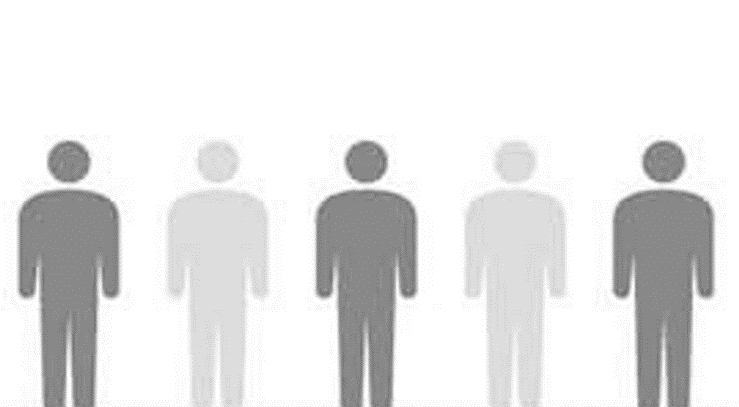
1 million people & 575 NPOs
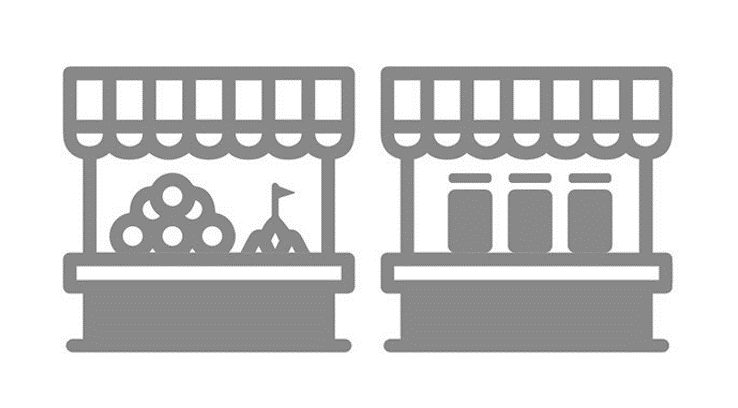
14,000 people
Among the 4.3 billion yen of reconstruction assistance, 3.2 billion yen has been allocated to the "Support for Japan's Vitality and Recovery" project. We have been able to assist approximately 1 million people through 13 different programs that aim to respond to evolving local needs over time. One example is our annual "in-house marché," which offers financial support in the disaster area and serves as a lifelong reminder of the disaster’s effect. About 14,000* of our employees have purchased items from Tohoku artisans through the marché.
*Cumulative total of "Marche in a company co-sponsored by labor and management (national version)" from 2012 to 2021 (9 years)Realizing long-term assistance through relationships built on trust
Interpersonal connections are essential to making long-term support effective. By visiting the disaster-stricken areas on a regular basis and building trusted relationships with local supporters, we are better able to understand and respond to the nuanced and lesser-seen needs existing in people’s lives – needs that are normally hidden behind the more visible reconstruction of towns and roads.
Vol. 1 Supporting Emotional Recovery in Tohoku
"Visible recovery activities are under way, but "emotional recovery" is a lifelong process. We wish to mantain an active role in offering emotional support to local residents".
Junko Yagi Head of Umineko (NPO in Tohoku)
Vol. 2 Sustainable Support, Leveraging the Power of Community
"No one can live entirely on their own. That is why we created a space where the locals can get together and continue building relationships of trust".
Katsuya Kaneto Head of Satoumi Farm (NPO in Tohoku)
Vol. 3 Aiming for support that leaves no one behind
"I feel that we need to pay attention to the elderly and disabled by having conversations and supporting each other over the long term".
Shinya Mori Founder of Nozomi Paper (NPO in Tohoku)
Being active in the region, harnessing experience gained during 10 years of support activities
Disasters seriously damage people's mental and physical health. This is what we have learned in the 10 years we have been supporting recovery efforts in Tohoku. Strengthening the resilience of people whose normal way of life is no longer possible requires support from the community. Another lesson learned is that damage caused by disasters can be reduced. Although natural disasters which frequently occur cannot be avoided, sharing the personal experiences of those who have been affected by disasters helps others better prepare for the same types of disasters, reducing overall risk. Keeping this mindset front and center, we will continue to carry out our reconstruction activities in support of local communities.
Offering immediate emergency assistance in the aftermath of the earthquake, setting up a foundation to realize sustainable support
Taking prompt emergency action immediately after the earthquake occurred
Three days after the earthquake, we pledged a donation (300 million yen) to the Japanese Red Cross Society. Additionally, we provided prescription and over-the-counter drugs (worth about 300 million yen). We were also among the first to launch initiatives to support health for those impacted by the earthquake.
Strengthening organizational foundations for non-profit organizations
In collaboration with the Japan NPO Center (JNPOC), a certified non-profit organization, we supported programs focused on addressing social issues related to reconstruction, including fundraising, as well as supporting capacity building in non-profit response teams, such as cultivating leadership to aid in staff competency development.

